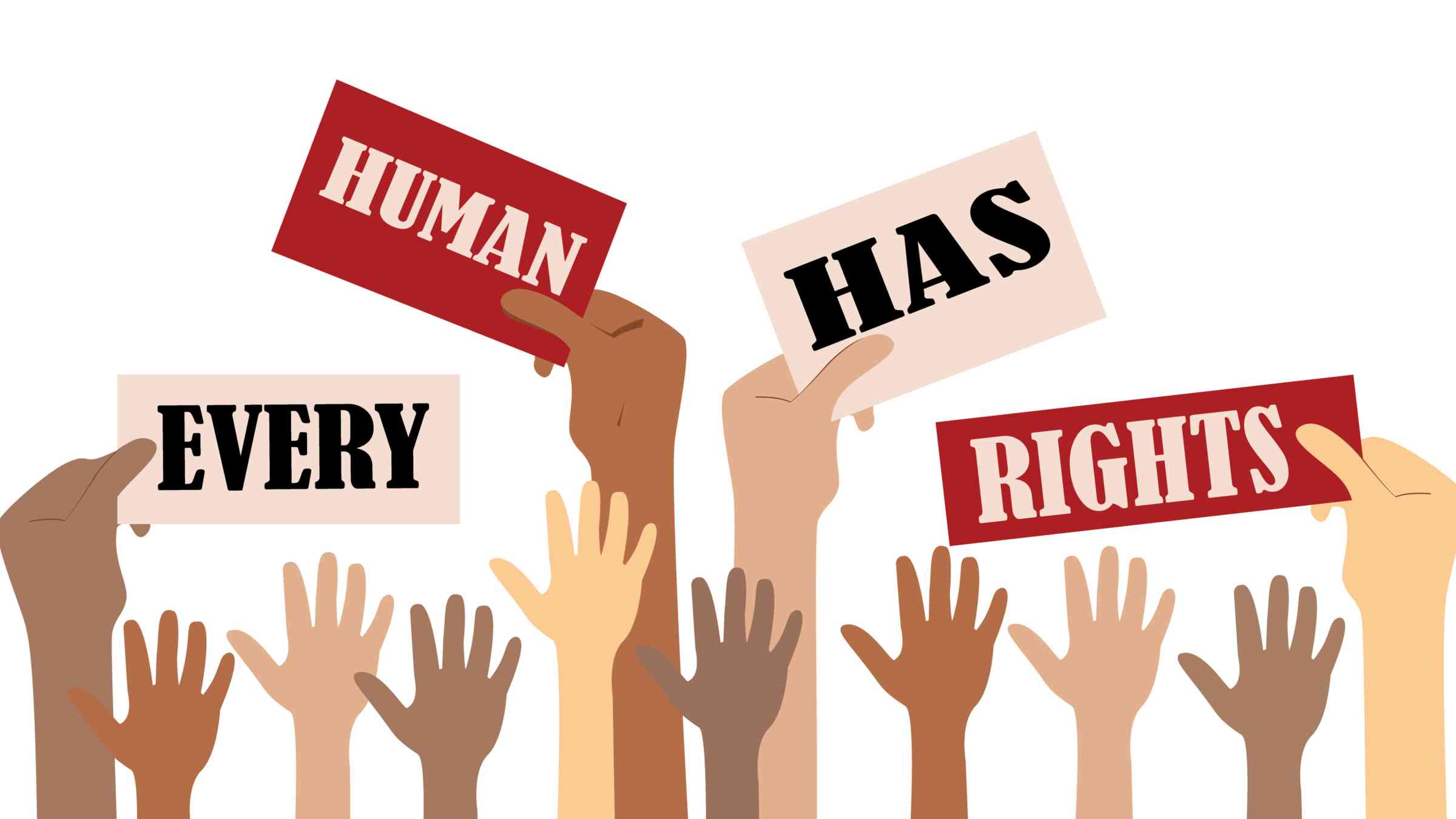Addressing human rights violations requires a multifaceted approach involving various stakeholders at different levels. Here are some possible solutions to combat human rights violations:
- Governments should enact and enforce comprehensive human rights laws that align with international standards. This includes legislation to protect marginalized groups, prevent discrimination, and promote equality.
Independent and impartial judiciary systems should be established to ensure access to justice and accountability for human rights violations.
- National human rights institutions should be empowered and adequately funded to monitor, investigate, and address human rights abuses effectively.
Promoting Education and Awareness:
- Education plays a crucial role in promoting human rights awareness and fostering a culture of respect and tolerance. Integrating human rights education into school curricula can help create a more informed and rights-conscious society.
Public awareness campaigns and grassroots initiatives can be employed to disseminate information about human rights, empower individuals to exercise their rights, and encourage community engagement in human rights issues.
Protecting Freedom of Expression and Press Freedom:
- Governments should ensure the protection of freedom of expression, including online spaces, and guarantee the safety and independence of journalists, activists, and whistleblowers.
Media literacy programs can be implemented to educate the public about responsible consumption of information and the importance of diverse and independent media.
Strengthening International Cooperation:
- International cooperation and collaboration among governments, civil society organizations, and international bodies are essential to address cross-border human rights violations effectively.
Strengthening existing international human rights mechanisms, such as the United Nations Human Rights Council, and supporting the work of international criminal tribunals can contribute to accountability and justice.
Empowering Civil Society:
- Supporting and protecting the work of civil society organizations, human rights defenders, and activists is crucial in addressing human rights violations. Governments should create an enabling environment for their work, including the repeal of restrictive laws and protection against threats and reprisals.
- Providing financial resources and capacity-building opportunities to grassroots organizations can enhance their ability to promote and protect human rights at the local level.
Addressing Economic and Social Inequalities:
- Efforts to address human rights violations must tackle underlying socio-economic inequalities that perpetuate discrimination and marginalization. Governments should implement policies that promote inclusive economic growth, access to quality education and healthcare, and the elimination of poverty.
Engaging Businesses and Corporate Social Responsibility:
- Encouraging businesses to uphold human rights through responsible practices and ethical supply chains is crucial. Governments should establish regulations and standards that hold businesses accountable for their impact on human rights and provide incentives for responsible corporate behavior.
Conclusion
The challenges posed by human rights violations require a comprehensive and collaborative approach involving governments, civil society organizations, international bodies, and businesses. By strengthening legal frameworks, promoting education and awareness, protecting freedom of expression, fostering international cooperation, empowering civil society, addressing socio-economic inequalities, and encouraging corporate responsibility, it is possible to make significant progress in safeguarding human rights and promoting dignity for all individuals.
